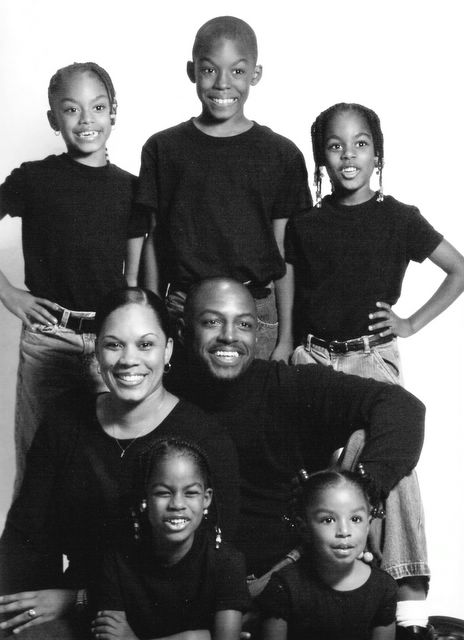Wednesday, March 26, 2008
Eric Redmond on Black Liberation Theology
Yesterday, our brother Eric Redmond was on The Albert Mohler Radio Program discussing Jeremiah Wright, African-American Theology, and the Church. At his blog, A Man From Issachar, Eric gives an excellent overview of Black Liberation Theology and its grandchild, the insidious Word-Faith Theology, or as Eric calls it Nuevo Negro Liberation Theology. You can read his thoughts here.
Subscribe to:
Post Comments (Atom)

2 comments:
Mr.Carter:
First, let me say I enjoyed your book Being Black and Reformed. It is a different perspective than the one that we often get from Dr.Cone.
Anyway, my concern and reason for this post is I am curious as to why you equate the modern day WOF Movement with liberation theology. Certainly, WOF proponents use the ideas found in liberation theology;however, WOF theology is not a product of liberation theology. WOF theology predates by a significant amount of time. WOF theology had its beginnings in the writings of E.W. Kenyon, the Mind Cure movements, and the Kessick movement. In my studies of the WOF movement in undergrad and now as a seminary student, the WOF fiasco is a Pentecostal/Charismatic problem; however both movements do overlap in certain areas because of liberation thinkers fail to clearly define who or what constitutes oppression.
Andre L. Price
Aprice2@eastern.edu
Hey Andre,
I am encouraged by your comments on On Being Black and Reformed. I am also glad to hear that my perspective is different from Cone's :-).
I like your reasoning, and would believe you to be doing well in seminary. For the record, while I would not equate WOF theology with BLT, I would closely associate them because, while they are different in ends, they are similar in means. They both use the same approach in that they see their experience as being primary in their interpretation. But this, as you stated, is not new. Even the liberalism of the later 19th century and early 20th century, basically engaged in the same approach, and could be said to be the forerunner of both liberation and word/faith theology. So, though liberalism, liberation, and word/faith would all have varying ends, they have very similar means.
Post a Comment